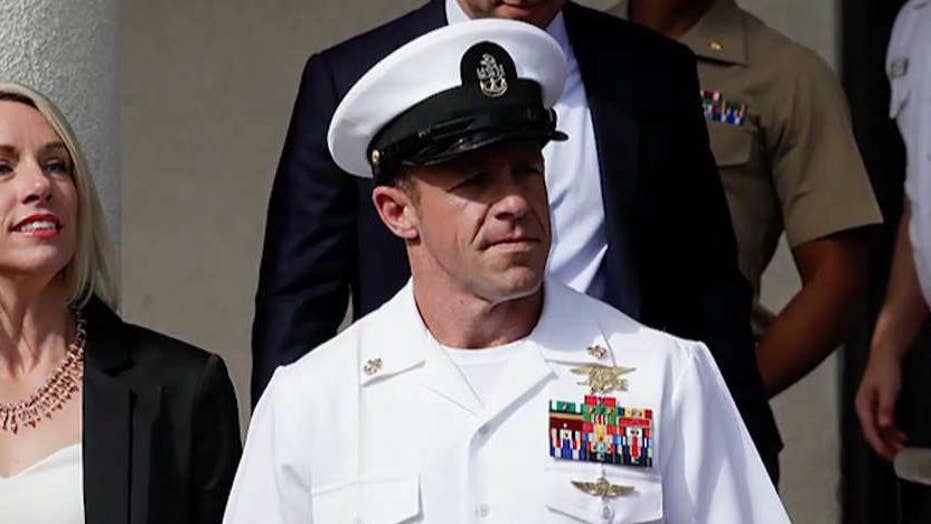By Lennox Orion
Theories of objectivity are central to the field of journalism, as most journalists view themselves as completely objective. Yet, where does objectivity intersect with coverage of war and conflict? Can a journalist remain objective when the war the most bias of all coverage, conflict is the direct result of two sides and reporters often are forced or choose to, pick a side the side of their country?
If we examine wars and violent conflicts that the United States has been apart of in the last twenty years we can begin to understand war reporting and what its impact is on public understanding and support of the war.
The war against terrorism has been the central point of all conflicts and wars the US has been engaged in since 2001, many of us have grown up with the understanding of war footage, the reports on deaths totaled, the speeches about bring our soldiers home, and the constant changing of enemies and goals.
When this endless war began it was a response to the attacks on September 11, 2001, a day that lives in the hearts and minds of every American. We were told that we were fighting al qaeda and invading Iraq in search of weapons of mass destruction–this was the message given from the White House to the media and then feed to us. Looking back we know this to be untrue, that there were never weapons of mass destruction and that the region and war were more complex than originally thought.
But if journalism is in pursuit of the objective truth, why were we feed dishonesty and patriotism?
To engage with this question and my own feelings of betrayal by the media I will be looking at a scholarly article on war reporting written by Annabel McGoldrick in which she explains the tension between objectivity and war reporting. For the reader she outlines key points on why objectivity and war reporting are in a conflict of sorts with each other, I will briefly expand upon one of her claims in an attempt to understand the reporting post-9/11.
The first is the problem of indexing official reports from government sources as truth, which leads to them being reported as unquestioned fact–who better to help the public understand the goals and aims of the war than the ones who called for it. Yet, here lies an issue and a problem that journalist must contend with–how can you trust the word of officials as truth, and yet how can you quickly and accurately find other sources for a war thousands of miles away when the public wants both answers and comfort that their children who are fighting in this war are justified in doing so. During times of trouble, we look to the authority figures to reassure the public and trust that they are acting in our best interest–and yet, time and time again it is proven that they are not acting in the best interest of us all. War is costly both emotionally, morally, and economically. For me the most important part of the journalism to come from the never-ending war will be honest reporting on the human rights abuses suffered by the hands of the American military, and that we do not forget stories like Eddie Gallagher the navy seal who was pardoned by President Trump of the “alleged” crimes he committed against prisoners of war. The reporting of today will be the historical documents of tomorrow, we must commit to truth-telling until the last day of this war.


Leave a comment